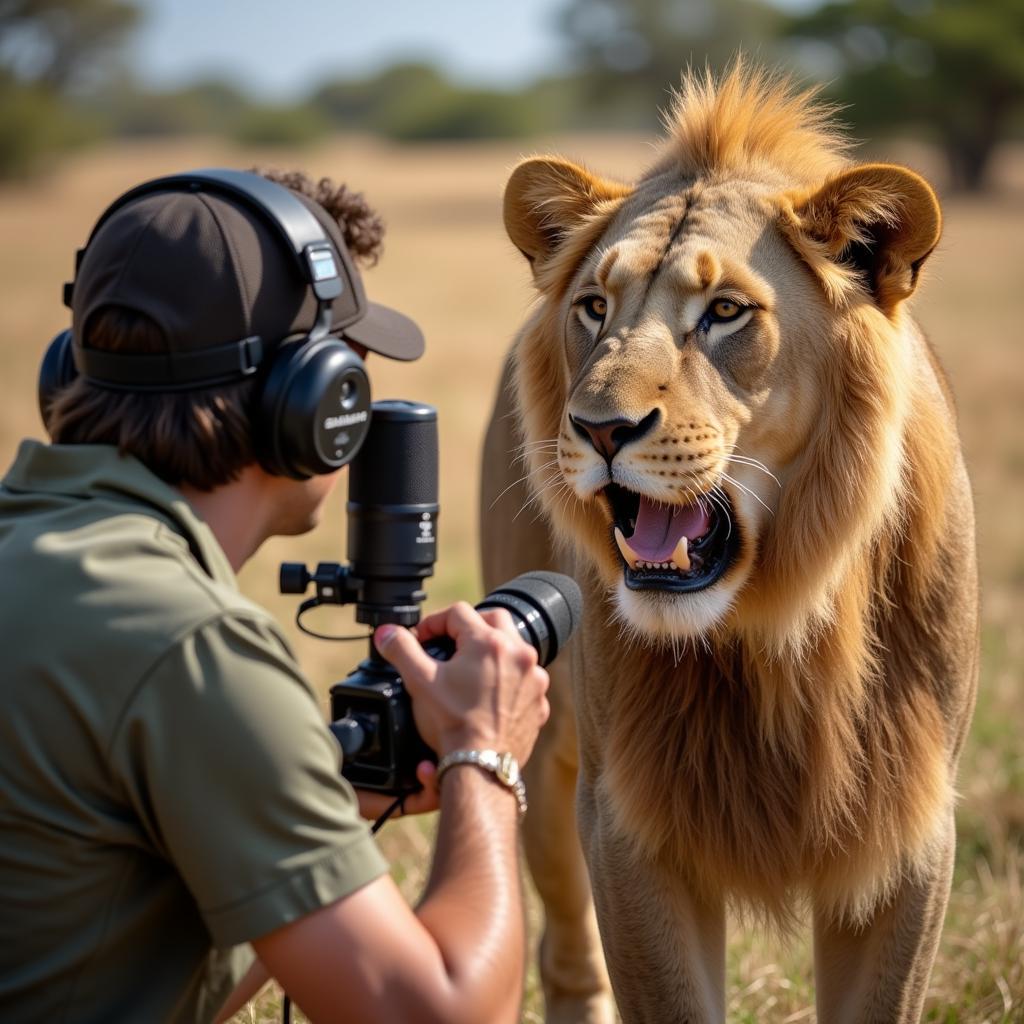The African Bulldog: A Comprehensive Guide to the Boerboel
The African Bulldog, more accurately known as the South African Boerboel, is a large, powerful breed with a rich history rooted in the African continent. These majestic dogs are renowned for their intelligence, loyalty, and protective instincts, making them a unique and captivating breed. This comprehensive guide will delve into the fascinating world of the African bulldog, exploring their origins, temperament, care requirements, and more.
A Journey Through Time: Unveiling the Boerboel’s Origins
The history of the African bulldog can be traced back to the 17th century in South Africa. Bred by Dutch settlers, these dogs were primarily used for guarding homesteads, protecting livestock from predators, and assisting in hunts. The word “Boerboel” itself translates to “farmer’s dog” in Afrikaans, reflecting their original purpose. Over centuries, these courageous canines have earned a reputation as loyal companions and fearless protectors, leaving an indelible mark on South African history and culture.
Decoding the African Bulldog’s Temperament: A Loyal Guardian and Devoted Companion
African bulldogs are known for their balanced temperament, blending loyalty and affection with a strong protective instinct. Early socialization and consistent training are crucial to shaping them into well-rounded companions. They thrive in environments where they have a clear role as a guardian and family member. Their intelligence and eagerness to please make them highly trainable, but their independent streak requires a firm and experienced owner.
Caring for Your African Bulldog: Nutrition, Exercise, and Beyond
Owning an African bulldog is a rewarding experience, but it comes with responsibilities.
Nutritional Needs: Fueling the African Bulldog’s Powerhouse
A balanced diet rich in protein and essential nutrients is vital for maintaining the African bulldog’s health and well-being. High-quality dog food formulated for large breeds, African bulldog puppies, or dogs with high energy levels, is recommended. Consult your veterinarian to determine the appropriate portion sizes and feeding schedule based on your dog’s age, activity level, and individual needs.
Exercise Essentials: Keeping the African Bulldog Active and Engaged
Regular exercise is not just a physical necessity but also a mental stimulant for African bulldogs. Engaging in daily walks, playtime, and even structured activities like agility training will help them stay physically fit and mentally sharp.
Grooming: Maintaining the African Bulldog’s Sleek Coat
African bulldogs have a short, low-maintenance coat that requires minimal grooming. Regular brushing helps remove loose hair and promotes healthy skin. However, be mindful of their sensitive skin and use grooming products specifically designed for short-haired breeds.
Health Considerations: Common Issues and Preventative Measures
Like all breeds, African bulldogs are prone to certain health issues.
- Hip and Elbow Dysplasia: These are common conditions that affect large breeds, impacting mobility. Regular vet check-ups and maintaining a healthy weight can help mitigate the risks.
- Bloat: This life-threatening condition can occur in deep-chested breeds. Feeding smaller, more frequent meals and avoiding strenuous activity after eating can help prevent it.
Is an African Bulldog Right for You?
Before welcoming an African bulldog into your life, consider the following:
- Experience: Their strong will and protective nature necessitate an experienced dog owner who can provide consistent training and leadership.
- Space: As a large breed, they require ample space for exercise and play.
- Time Commitment: African bulldogs thrive on attention and interaction. Ensure you have the time for training, socialization, and providing them with the love and care they deserve.
Conclusion: Embracing the Legacy of the African Bulldog
The African bulldog, a majestic embodiment of strength and loyalty, is a breed that captivates with its rich history and unwavering devotion. Understanding their unique needs and characteristics is key to building a harmonious and fulfilling relationship with these remarkable companions. Owning an African bulldog is a privilege and a responsibility, one that offers a lifetime of companionship with a truly extraordinary breed.
FAQs: Your African Bulldog Questions Answered
1. Are African bulldogs good with children?
Yes, African bulldogs can be excellent with children, especially those within their own family. However, their size and strength require supervision during interactions, as with any breed.
2. What is the average lifespan of an African bulldog?
The average lifespan of an African bulldog is between 9 and 11 years.
3. Are African bulldogs aggressive?
African bulldogs are not inherently aggressive but possess strong protective instincts. Proper socialization and training are essential to prevent any unwanted behaviors.
4. Do African bulldogs bark a lot?
African bulldogs are not known for excessive barking. They typically bark to alert their owners of potential threats or when they sense something unusual.
5. Can African bulldogs live in apartments?
While they can adapt to apartment living, it’s not ideal. They require ample space for exercise and may not thrive in confined environments.
Want to learn more about specific aspects of owning an African bulldog? Check out our articles on African bulldog pictures and the African American bulldog.
Need further assistance or have questions about the South African Boerboel? Feel free to contact us at:
Phone Number: +255768904061
Email: kaka.mag@gmail.com
Visit us at our location:
Mbarali DC Mawindi, Kangaga, Tanzania
Our dedicated customer service team is available 24/7 to assist you.

